 Nicola Neri, a researcher at the INFN section in Milan, has been awarded one of the prestigious grants of the European Research Council (ERC) of almost 2 million euros with his SELDOM project, to be developed at the LHCb experiment at CERN’s Large Hadron Collider, to investigate why our universe is made of matter rather than antimatter.The SELDOM project proposes a new experimental method to investigate the asymmetry between matter and antimatter, through the study of certain particular particles: heavy baryons. The distribution of the electrical charge of these particles has a spherical symmetry and their electric dipole moment – which measures the separation of electric charges of opposite sign – is predicted to be zero. One of the possible causes of the asymmetry between matter and antimatter in the universe could be linked to the not perfectly spherical shape of these particles, highlighted by the non-zero electric dipole moment. SELDOM is a competitive project at the international level: it is in fact part of an intense experimental research program of the electric dipole moment of the neutron, of the proton and of leptons, in progress worldwide, adding the new possibility of studying baryons containing heavy quarks, thanks to a new fixed target experiment, in which heavy baryons will be produced and then channelled into curved silicon and germanium crystals. This research could prove important because the eventual discovery of the electric dipole moment of a fundamental particle would represent clear evidence of physics beyond the Standard Model, i.e. of a new physics that goes beyond our current theories, and could tell us how it is possible that the universe exists, us included.
Nicola Neri, a researcher at the INFN section in Milan, has been awarded one of the prestigious grants of the European Research Council (ERC) of almost 2 million euros with his SELDOM project, to be developed at the LHCb experiment at CERN’s Large Hadron Collider, to investigate why our universe is made of matter rather than antimatter.The SELDOM project proposes a new experimental method to investigate the asymmetry between matter and antimatter, through the study of certain particular particles: heavy baryons. The distribution of the electrical charge of these particles has a spherical symmetry and their electric dipole moment – which measures the separation of electric charges of opposite sign – is predicted to be zero. One of the possible causes of the asymmetry between matter and antimatter in the universe could be linked to the not perfectly spherical shape of these particles, highlighted by the non-zero electric dipole moment. SELDOM is a competitive project at the international level: it is in fact part of an intense experimental research program of the electric dipole moment of the neutron, of the proton and of leptons, in progress worldwide, adding the new possibility of studying baryons containing heavy quarks, thanks to a new fixed target experiment, in which heavy baryons will be produced and then channelled into curved silicon and germanium crystals. This research could prove important because the eventual discovery of the electric dipole moment of a fundamental particle would represent clear evidence of physics beyond the Standard Model, i.e. of a new physics that goes beyond our current theories, and could tell us how it is possible that the universe exists, us included.
You might also be interested in

EuPRAXIA chooses ELI Beamlines as second site for laser-driven accelerator
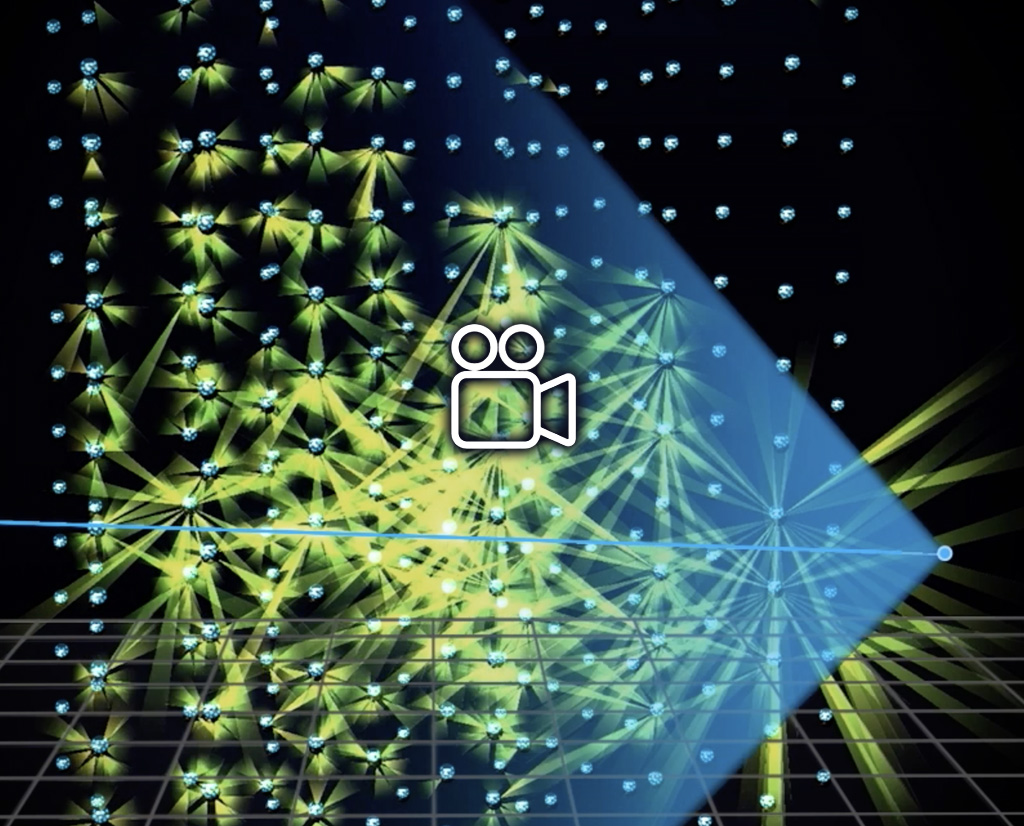
The record neutrino observed by KM3NeT
07 February 2025
Read more The record neutrino observed by KM3NeT
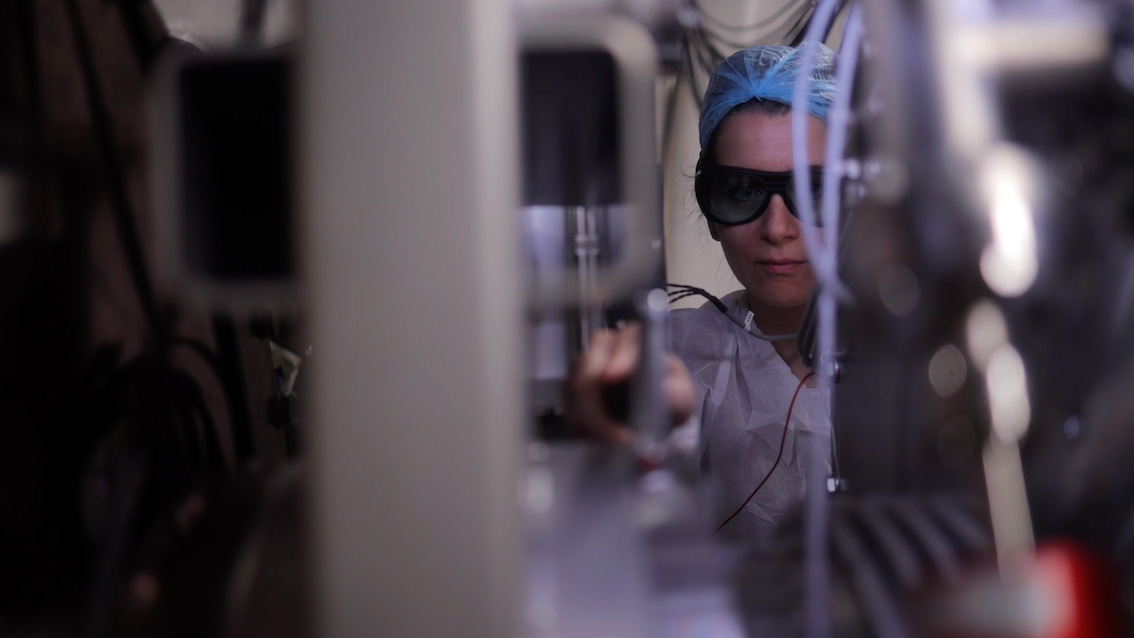
INFN celebrates the STEM WEEK and the International Day of Women and Girl in Science 2025
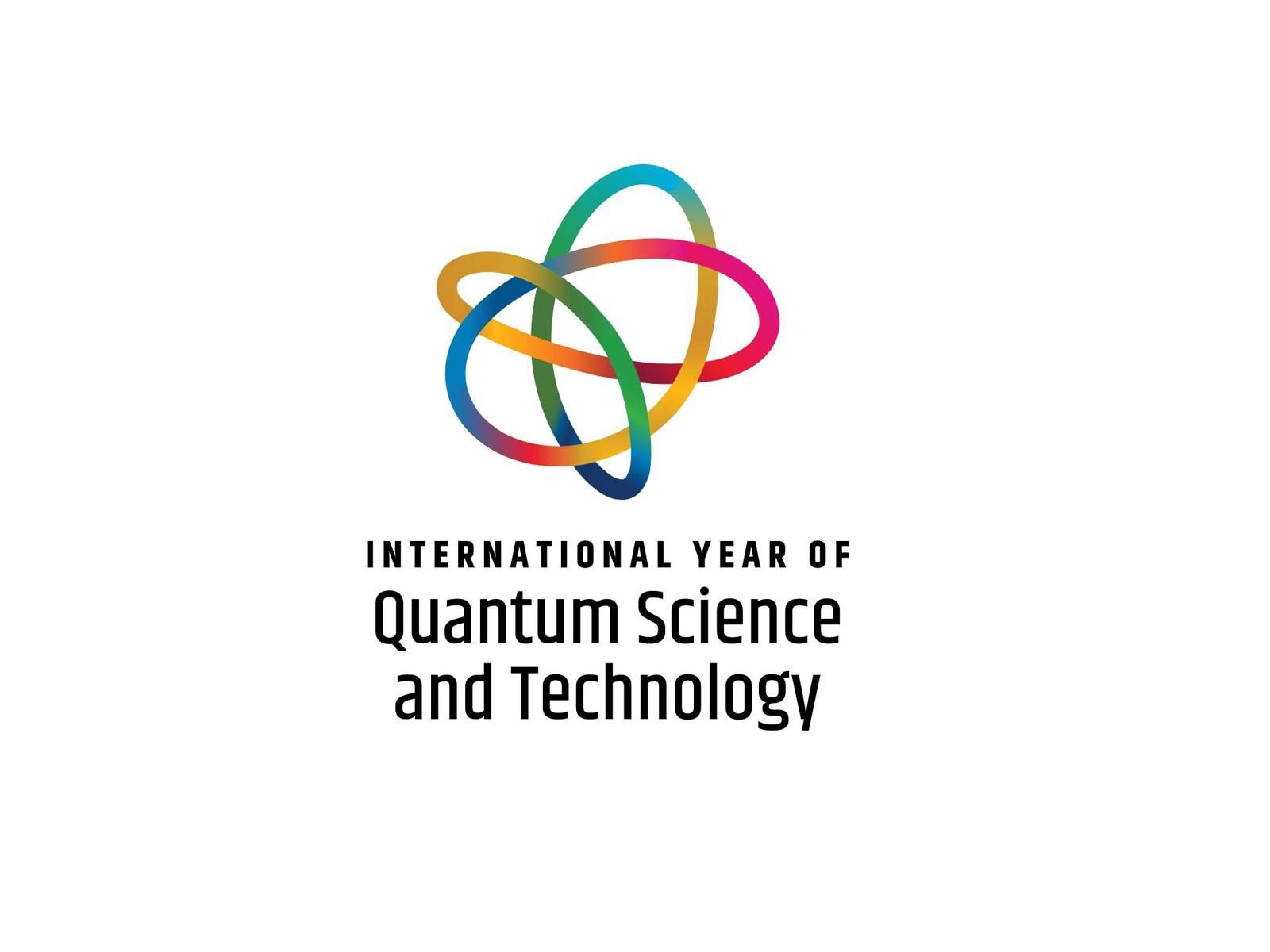
International Year of Quantum Science and Technology, 2025
03 February 2025
Read more International Year of Quantum Science and Technology, 2025
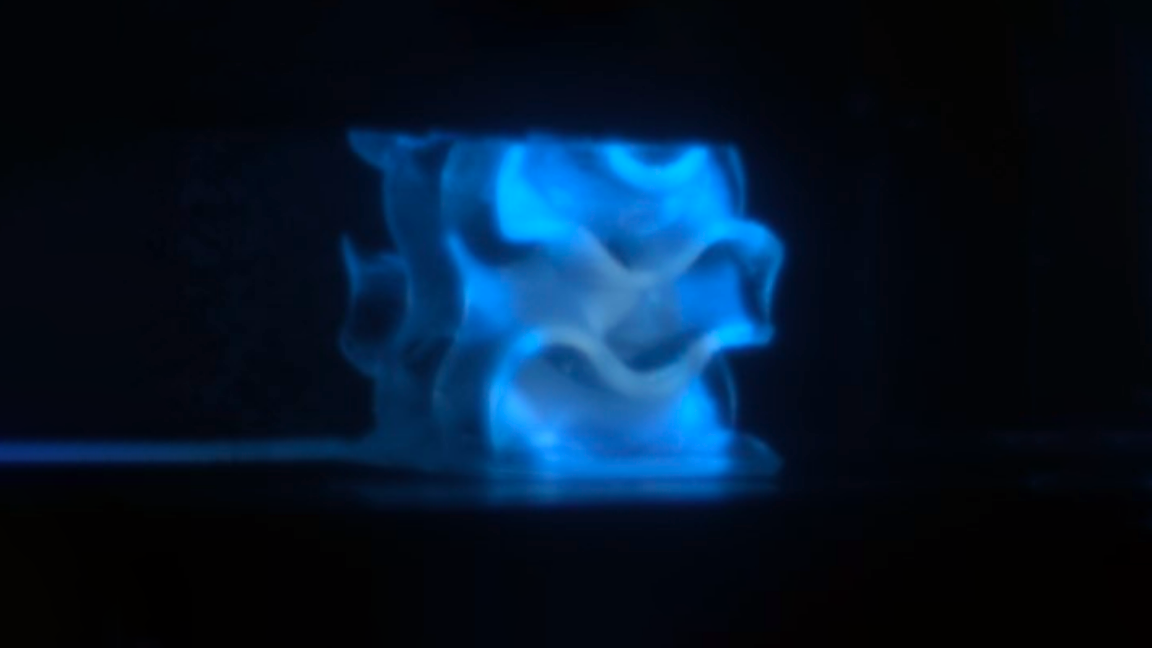
A new generation of plastic scintillators thanks to 3d printing
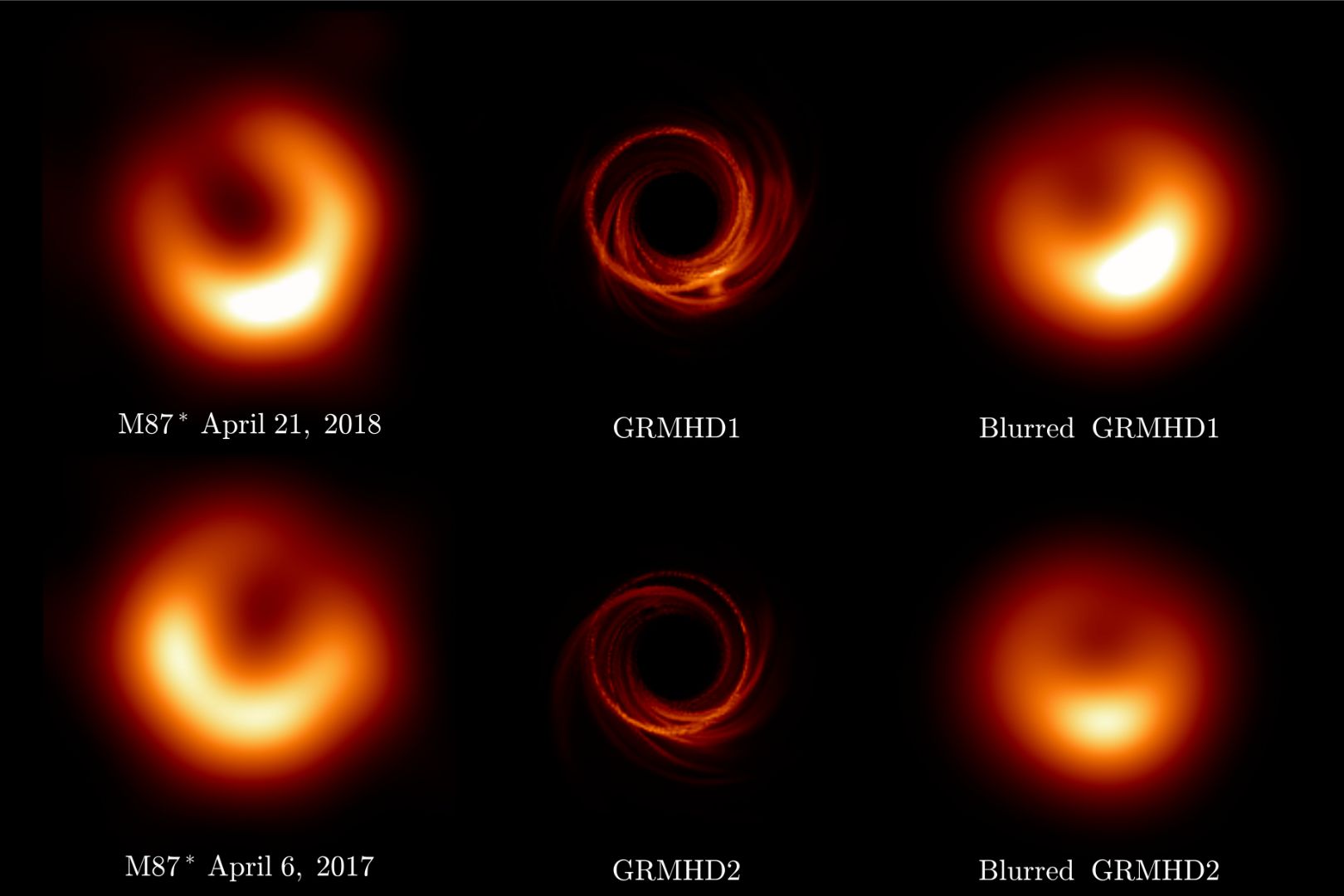
Capturing the accretion flow of M87* black hole
22 January 2025
Read more Capturing the accretion flow of M87* black hole